The ongoing debate surrounding the future of coal-fired power stations in Australia is not only a matter of energy policy but also a critical issue that intertwines with environmental, economic, and social dimensions. As Australia grapples with its energy transition, the closure of coal-fired power stations could have significant ramifications for various sectors, including healthcare. Understanding the trajectory of these power stations is essential for healthcare consultants who are keen to anticipate and mitigate potential impacts on public health and infrastructure.
Australia’s Energy Landscape: A Shifting Paradigm
Australia’s energy landscape is undergoing a profound transformation. According to the Australian Energy Market Operator (AEMO), renewable energy sources are projected to supply over 70% of electricity by 2030. This shift is driven by both domestic policy changes and international commitments to reduce carbon emissions, as outlined in the Paris Agreement.
The Australian government has pledged to achieve net-zero emissions by 2050, a commitment that necessitates the gradual phasing out of coal-fired power stations. This transition is further supported by the Australian Renewable Energy Agency (ARENA), which funds projects aimed at increasing renewable energy capacity.
The Economic Implications of Closing Coal-Fired Power Stations
Coal-fired power stations have traditionally been a cornerstone of Australia's energy supply and economy, providing jobs and contributing to local economies. The closure of these stations, however, raises concerns about economic dislocation, particularly in regions heavily reliant on coal mining. The Australian Bureau of Statistics (ABS) reports that the mining industry contributes approximately 10% to the national GDP, with coal being a significant component.
Transitioning away from coal-fired energy could lead to job losses and economic downturns in these areas. However, it also presents an opportunity to create new jobs in the renewable energy sector. According to the Clean Energy Council, the renewable sector could potentially create 50,000 jobs by 2030, offering a pathway to economic revitalization.
The Impact on Public Health
The closure of coal-fired power stations is anticipated to have significant health benefits. Coal combustion is a major source of air pollution, which is linked to respiratory and cardiovascular diseases. The Australian Institute of Health and Welfare (AIHW) has highlighted the adverse health impacts of air pollution, which costs the healthcare system millions annually.
By reducing reliance on coal, Australia could see a reduction in air pollution-related health issues, leading to improved public health outcomes and decreased healthcare costs. This is particularly relevant for healthcare consultants who must plan for long-term health trends and infrastructure needs.
Case Study: The Hazelwood Power Station Closure
In 2017, the Hazelwood Power Station in Victoria was decommissioned. This closure serves as a case study for understanding the potential impacts of phasing out coal-fired power stations.
Problem:
The Hazelwood Power Station was one of the dirtiest in Australia, contributing significantly to carbon emissions and air pollution.
Action:
Upon closure, the Victorian government invested in renewable energy projects and provided support for workers through retraining programs and job placement initiatives.
Result:
The transition led to a 14% reduction in the state's carbon emissions and improved air quality. Additionally, new renewable energy projects created over 1,000 jobs.
Takeaway:
This case illustrates that with strategic planning and investment, the transition from coal can lead to both environmental and economic benefits.
Myths and Misconceptions
- Myth: "Coal is the most reliable energy source." Reality: Advances in renewable technology have significantly improved the reliability of solar and wind energy, with grid-scale storage solutions bridging gaps in supply.
- Myth: "Closing coal plants will lead to energy shortages." Reality: Australia’s energy grid is increasingly integrated with renewables, and energy storage technologies are mitigating the risks of shortages.
- Myth: "The cost of renewables is too high." Reality: The cost of solar and wind energy has decreased dramatically, making them more cost-effective than coal in many regions.
Future Trends and Predictions
The future of Australia’s energy sector is likely to be characterized by continued investment in renewable energy and innovative technologies such as hydrogen and battery storage. The Reserve Bank of Australia (RBA) suggests that these advancements will play a critical role in stabilizing energy prices and ensuring energy security.
Moreover, as global energy markets evolve, Australia could position itself as a leader in exporting renewable energy technology and expertise, further diversifying its economy.
Conclusion: Navigating the Energy Transition
For healthcare consultants, understanding the implications of the transition away from coal-fired power is crucial. This shift not only affects energy policy and economics but also has significant repercussions for public health and social well-being. By staying informed and proactive, consultants can better advise on strategies that align with Australia’s sustainable energy goals and contribute to improved health outcomes.
As Australia continues this energy transition, the healthcare sector must adapt to both the challenges and opportunities that arise, ensuring that public health remains a priority in the nation’s sustainable development agenda.
Related Search Queries
- Future of coal in Australia
- Impact of coal plant closures on public health
- Renewable energy jobs in Australia
- Australia's net-zero emissions plan
- Economic effects of coal plant shutdowns







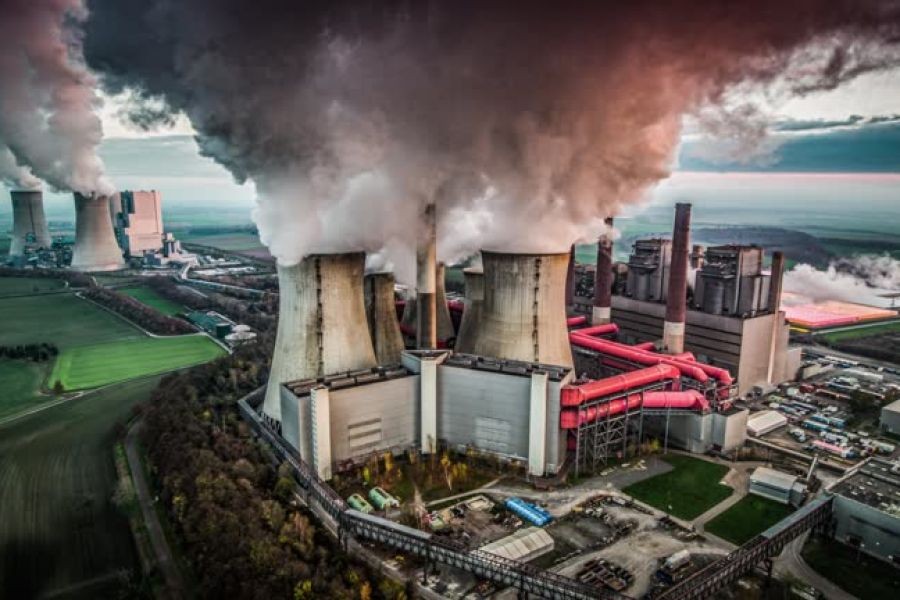




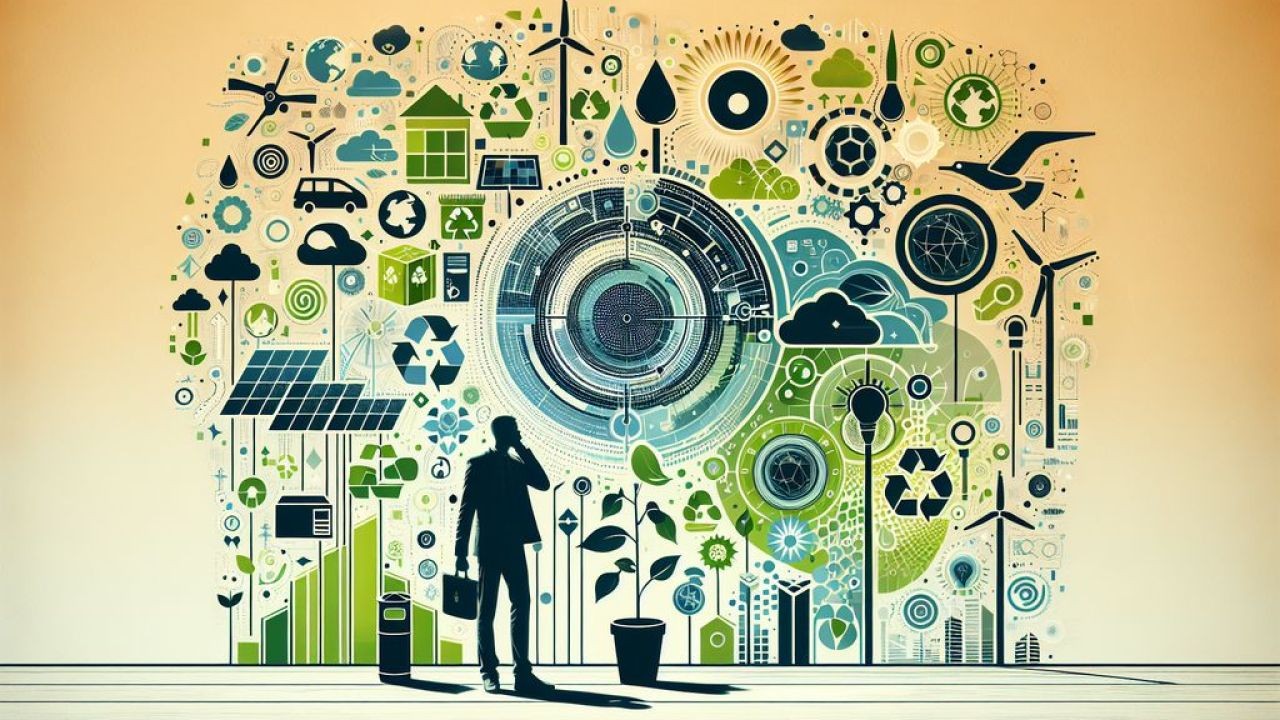

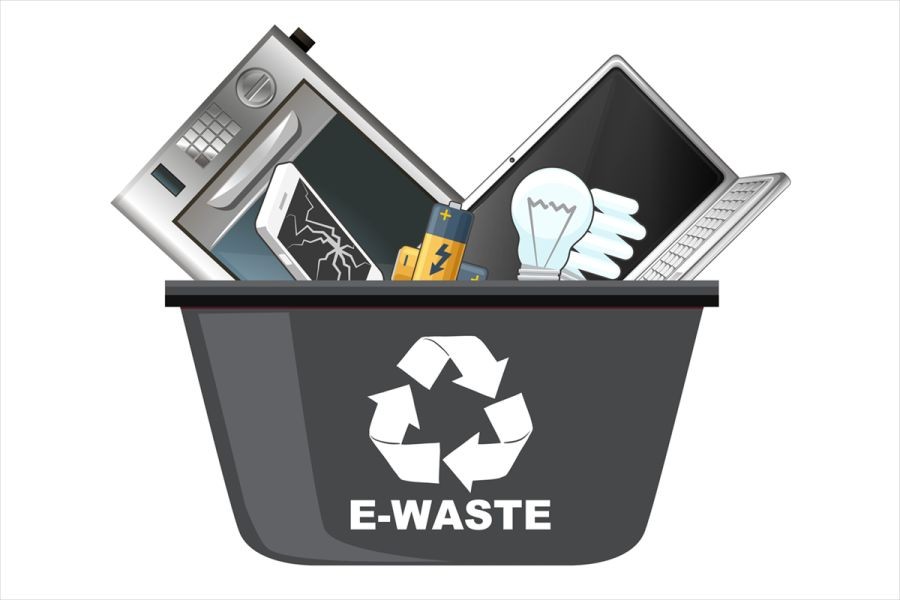









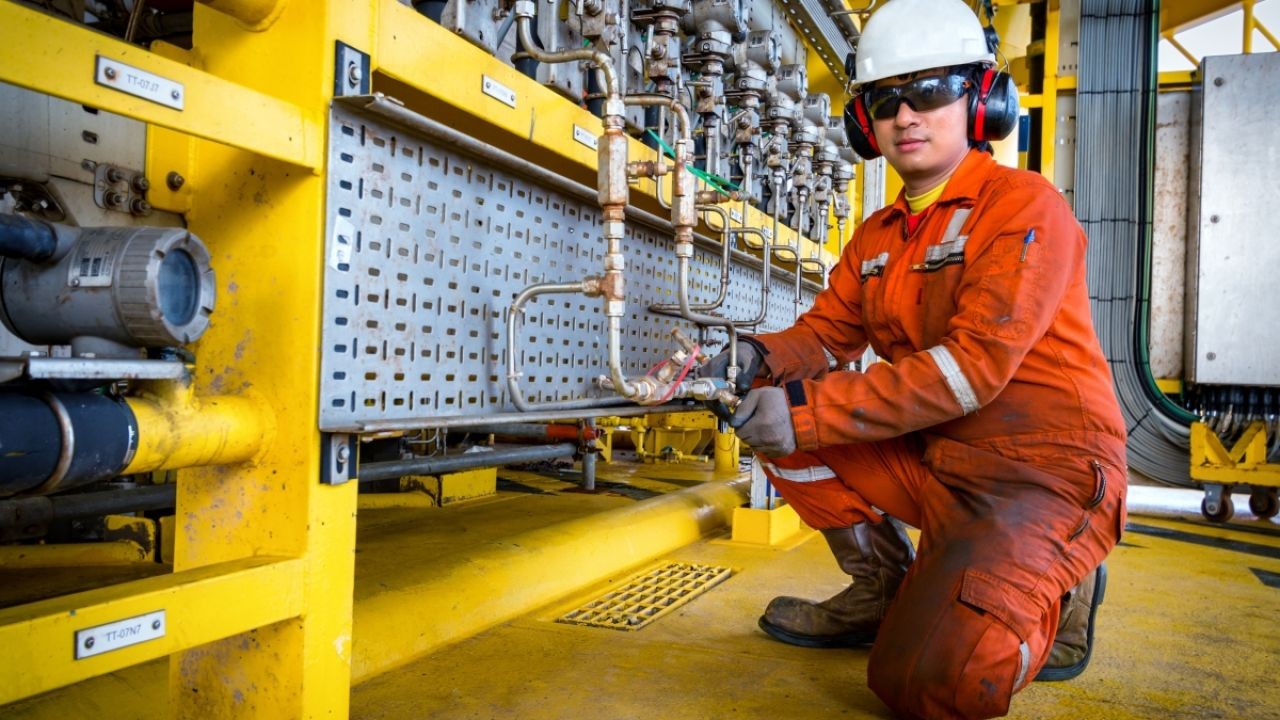

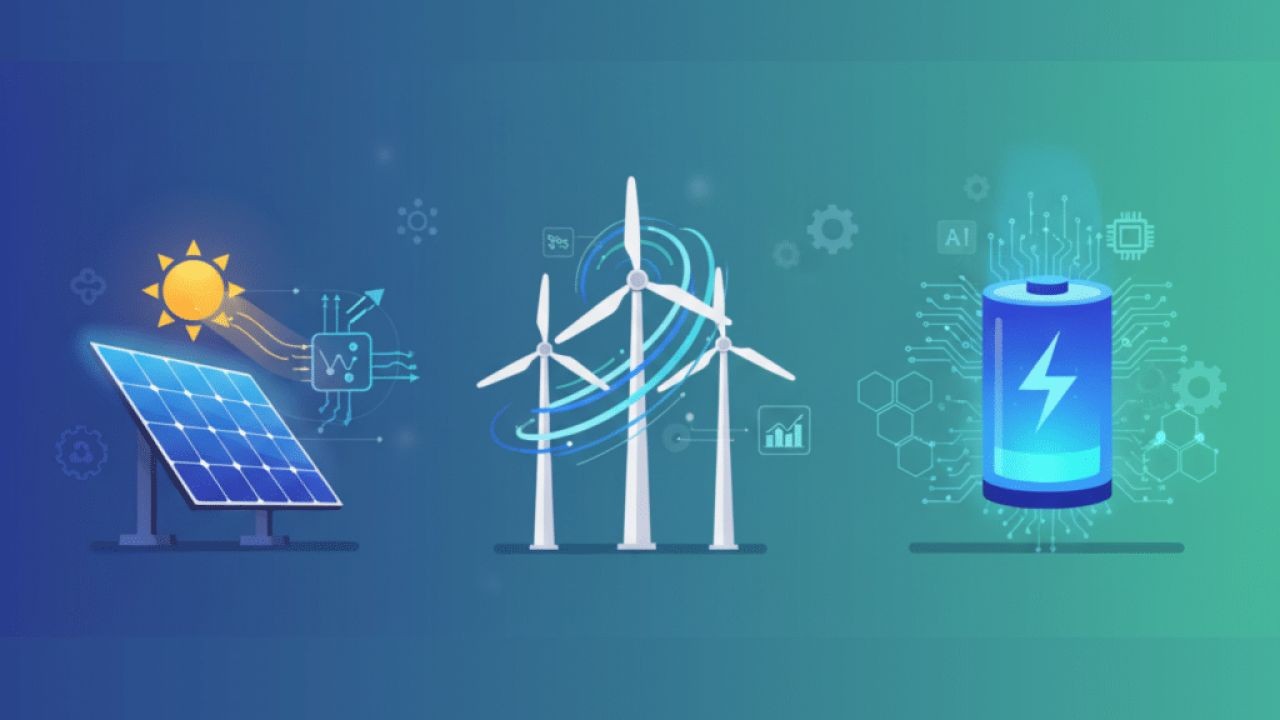







UW DOGS
6 months ago